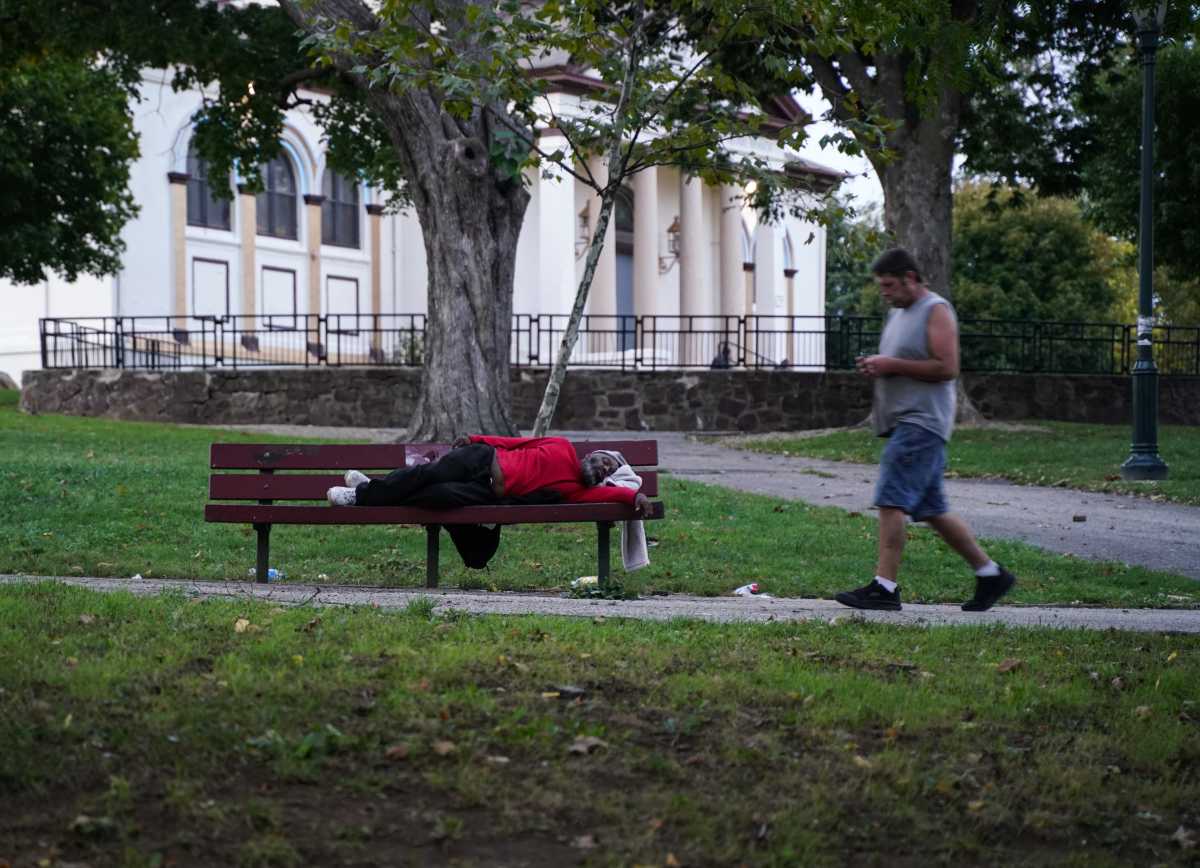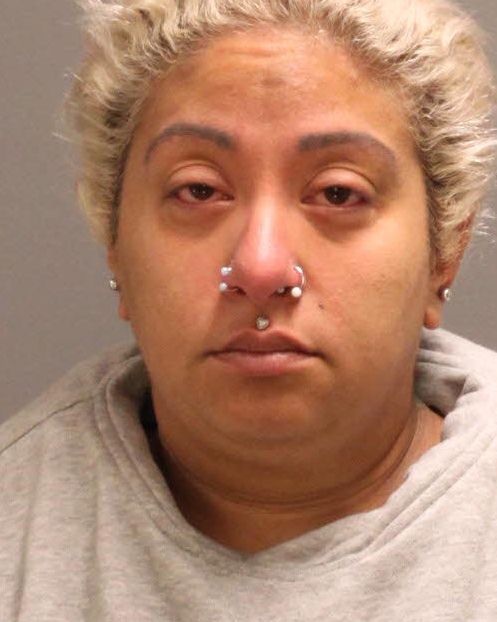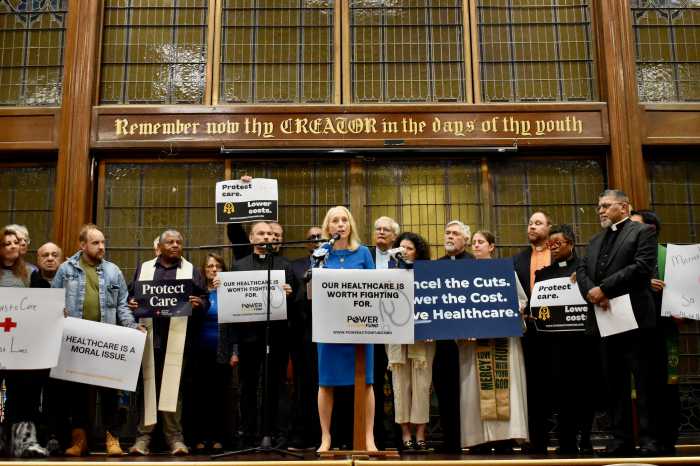Philadelphia officials announced that the city has received funding to help strategize a plan to find permanent housing for those who have been previously incarcerated.
The city has been selected to participate in the Just Home Project, a national program to advance community-driven efforts to break the link between homelessness and incarceration. Philadelphia is one of six new cities and counties that will receive funding to provide housing for justice-involved people.
In the United States, people experiencing unsheltered homelessness reported an average of 21 contacts with police in just six months — many times for sleeping or asking for resources and money in public spaces. Furthermore, advocates say people who have been incarcerated face significant barriers to finding stable housing, which increases the risk of re-incarceration.
“Housing insecurity has long been established as a barrier to successful reentry for the justice-involved members of our community,” said Adam Geer, Philadelphia’s Chief Public Safety Director. “We look forward to working with key stakeholders across the housing, community development, and criminal justice systems to develop impactful and sustainable interventions.”

Philadelphia will receive more than $260,000 to create a plan to disrupt the cycle of homelessness and incarceration. The city will then be eligible to apply for additional funding to implement their plan and develop housing for those in need.
The planning process will be a collaborative effort with the Office of Homeless Services, the Division of Housing and Community Development, the Office of Reentry Partnerships, the Department of Public Health, the Department of Behavioral Health and Intellectual disAbility Services, as well as the Philadelphia Housing Authority.
People who have been incarcerated have limited access to housing assistance and face discriminatory screening when applying for housing, local advocates say, which can lead to chronic homelessness.
“The impact of the criminal justice system is far-reaching,” said Laurie Garduque, Director of Criminal Justice at the MacArthur Foundation, “and solutions to over-incarceration require strategies to address its most critical drivers head-on.”






























